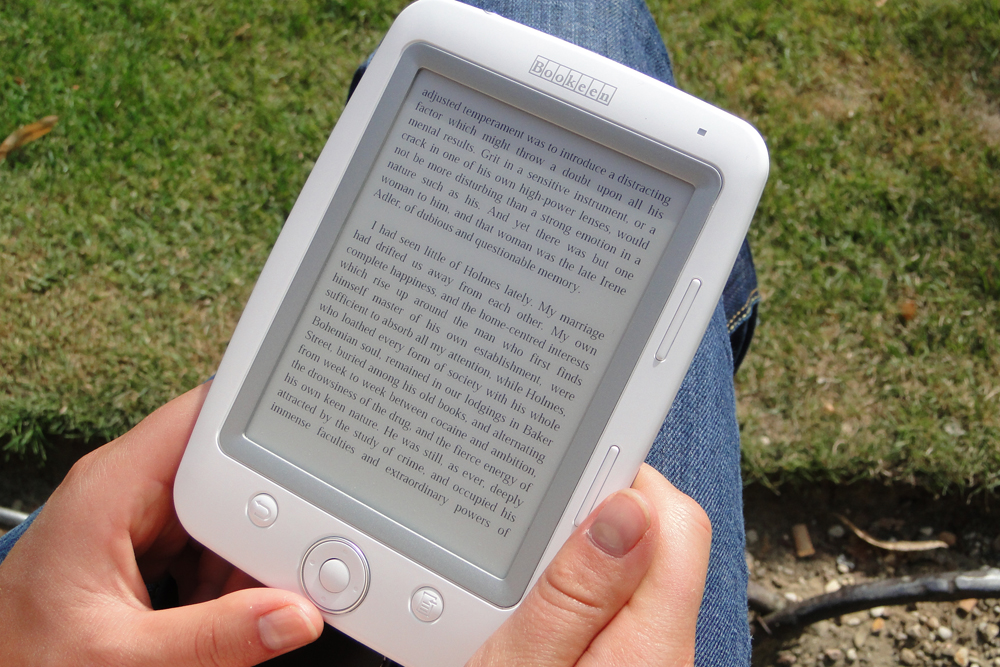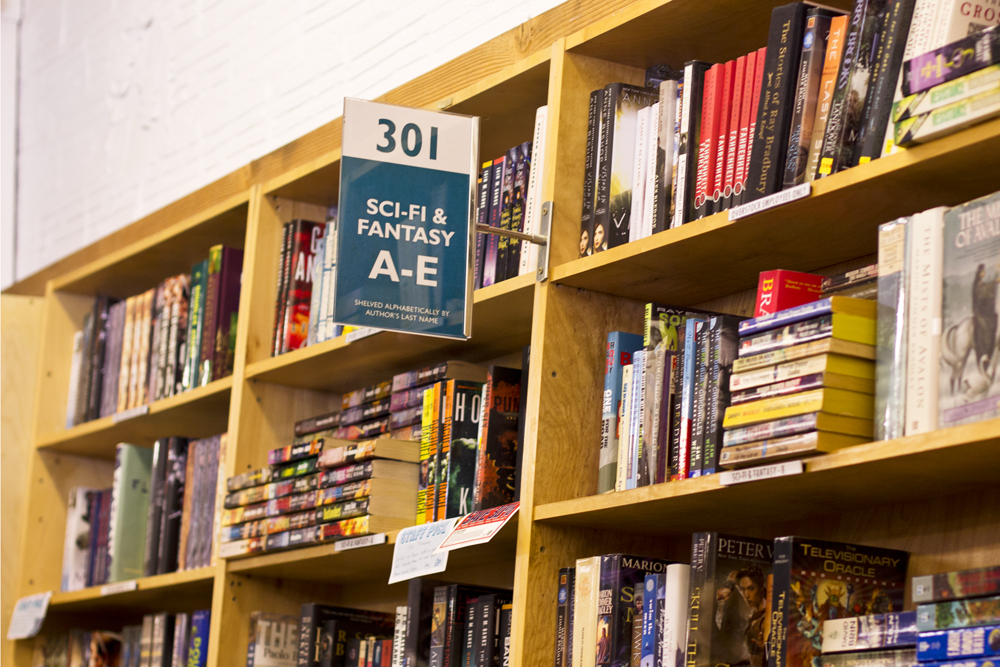The world of literature has changed drastically over the last couple of decades. From the rise of e-book sales, to the adoption of the print on demand strategy, the literary industry of today hardly resembles the industry of 50 or 100 years ago.
Strolling into a bookstore, perusing the shelves and walking up to the register to buy your book is no longer part of the equation. All of this can now be done online, without the same time requirements or hassle of transportation. You can download e-books almost instantly, and once they have been released there is no risk of them selling out.
In a world of constant connectivity and fast-paced lifestyles, e-books can be a huge convenience. They can give you the valuable time to do more or simply read more. In the scope of things, e-books are a new type of technology, and just like the latest computer or iPhone, this technology often threatens to encroach on the territory of its predecessor: in this case, the paper book. Because of this, the future of reading is often left uncertain.
However, the future of reading isn’t really as uncertain as it may seem. While e-books and paper books both have their pros and cons, people tend to prefer one medium over the other.
E-books and the widespread use of e-readers, tablets and smartphones seem to suggest that we will soon all be reading on our devices. While e-books might seem incredibly convenient, there are also some downsides to reading electronically that prevent many people from choosing them as their medium of choice.
For one, reading a book on an electronic device suddenly creates another activity that requires battery power. If you happen to forget to charge your e-reader, it can easily prevent you from finishing a book right at the height of the action.
Also, you lose the ability to personalize your favorite book, from an author’s autograph or underlined sections, to words and doodles in the margins of the pages. For some people, this might not seem like a problem, but for others it can be a deal breaker.
However, while e-books have their downsides, paper books have downsides as well. With an e-book, you can literally have hundreds of titles at your fingertips at nearly any time. It becomes much more difficult to have a variety of paper books available when you are forced to carry a separate object for each title.
For those looking to become involved in the literary industry (like myself) or already have made themselves a career in the field, the future of reading and how we will read and buy books is a constant source of discussion and debate. The potential downfall of the paper book can be really scary if you are trying to make a career for yourself creating, selling or buying books.
However, despite huge technological advancements in the way people are able to read, the paper book is far from going extinct. People are still buying books, lots of them, every year, and just because certain genres are purchased more frequently in e-book form (such as romance and mystery doesn’t indicate that e-books have yet to dominate the market.
I think that people will continue reading paper books for years and years to come. And while books have changed a lot recently, in reality they haven’t changed that much. The bindings and printings and images that make up modern day publications are much better than they were in the past, but nothing revolutionary has happened.
Books are still words on a page held together by a cover and a binding. While e-books have changed the structure of books in the modern world, there has yet to be a child (to my knowledge) that has only read books in their digital format. When that starts to happen, then I think we should really start to fear the downfall of the paper book.
But for the time being, I think paper books are safe. E-books might complement the reading experience and give an added sense of convenience for those readers constantly on the move, but there is still an overt preference for physical books (myself included).
I prefer to buy books in print, rather than electronically. Reading a paper book is an escape from a rapidly moving technology-centered culture. I like the idea that I have something truly rewarding and entertaining that I can do without having to look at a digital screen.
To have one thing that doesn’t need a battery to operate or a $100 (or more) device to read it on is amazing in my book (pun definitely intended). I hope it is for other people as well. And while sometimes it is easier to buy an e-book because it’s a cheaper alternative to an expensive textbook or you just can’t wait to read the next installment in a series, no one only buys e-books.
Most readers’ libraries are composed of both e-books and paper books, hardback and paperback, large books and small.
Just because something new comes along and takes the literary world by storm, it doesn’t suggest that it is destined to take it over. The way that we read has stayed relatively stable over the lifespan of the book, and I imagine that it’s going to stay much the same in the years to come.
People like paper books, and while people may also like digital books, e-books would be hard pressed to change the minds of so many people who like physical books, and to erase all the work that printers and publishers have done over the years to create a massive collection of printed books.
So for now, the way that we read is safe. There may be more changes in the years to come, in fact, there will be more changes. But they will come, and we will adapt and reading will more or less stay the same. It has endured this long, so why stop now?






